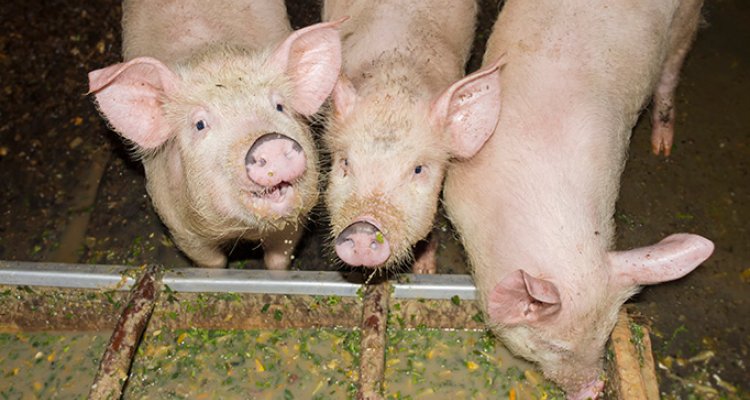
Project
Exploring pathways to more circular food systems in the North China Plain
PhD project by Chuanlan Tan. Currently, our food system is using natural resources faster than the planet can regenerate them and absorb pollution. This project aims to explore pathways to more circular food systems, while considering nutrient and energy flows and exploring internal relationships and possible strategies and policy interventions.
Currently, our linear food system uses a lot of natural resources and generates significant amounts of waste. Those losses contribute to environmental issues like eutrophication and global warming. To develop a sustainable food system, we should transfer from a linear food system to a circular food system. Therefore, this project aims to explore pathways to more circular food systems. A four-step study will be conducted based on a specific regional case (the North China Plain, NCP) to reach this aim.
These four steps include:
- conduct a comprehensive circularity analysis of nutrients (N and P) and energy (also exergy) flows in food systems of NCP cities, and analyse its determinants and environmental impacts on food systems including GHG emissions, water and land footprints;
- explore different circular strategies (e.g. using food loss and waste as animal feed, promote insect production) in the food system under different food demands;
- use system thinking to reveal the dynamic relationships within circular food systems
- explore policy interventions that can steer the food system towards greater circularity.
Following this framework, the most promising, environmentally friendly and feasible options that improve cycling in current food systems will be identified in the selected region, with potential for broader application in China.